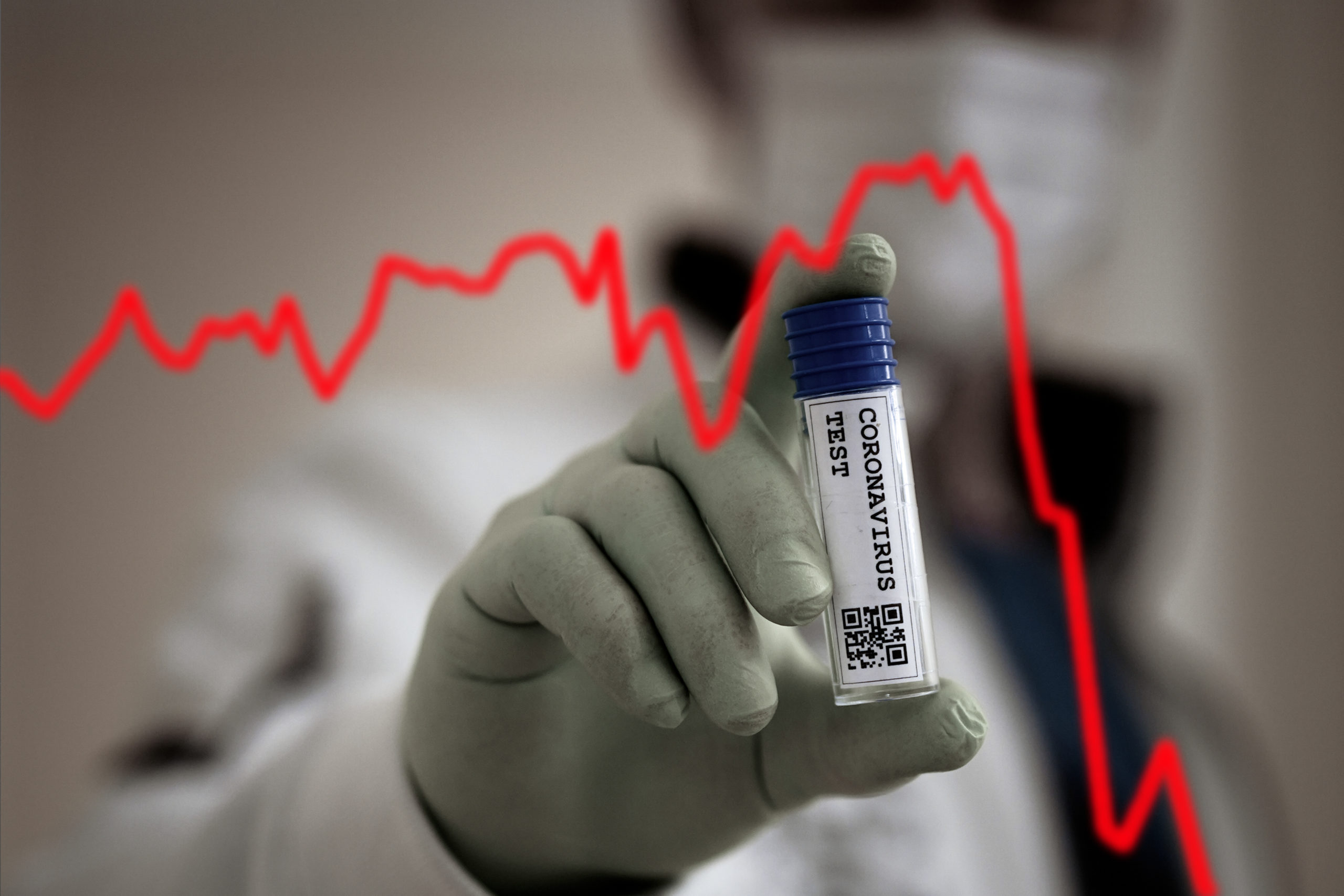Uncertain SMSF Asset Values Under COVID-19

One of the biggest sleepers from the impact of COVID-19 is uncertain SMSF asset values. For the first very time, we may see SMSF trustees with unblemished records facing compliance action through no fault of their own.
Regulation 8.02B of the SIS Regulations requires that an asset must be valued at its market value, which is one of the compliance areas traditionally put under the ATO microscope.
In the 2020 financial year, the effects of unprecedented economic activity and market volatility will impact SMSF trustees struggling to meet the requirements of r8.02B SISR.
Audit Evidence
The challenge will be providing sufficient appropriate audit evidence to their SMSF auditor, proving the market value of an asset.
The ATO has designed a valuation guide which provides SMSF trustees with the assurance that if they follow the guide, the ATO will accept the valuation provided.
The guide provides a list of valuation requirements for a variety of events such as preparing the fund’s financials statements and related party transactions.
The ATO recommends the use of a qualified independent valuer where the value of the asset represents a significant proportion of the fund’s value or the nature of the asset indicates that the valuation is likely to be complex or challenging.
COVID-19 Impact
Notwithstanding the ATO’s valuation guide, a new problem has emerged from COVID-19 that affects unlisted assets and property.
SMSF trustees will find it difficult to obtain market valuations for illiquid assets where traditional businesses and economies no longer operate.
Remember, it’s not the SMSF auditor’s job to value an asset. They will be looking for documentation and evidence provided by the SMSF trustee to ensure that the methodology behind the valuation is understood and the asset fairly valued.
The simplest way, but not necessarily the most cost-effective, is to obtain a valuation through an independent professional valuer.
The trick will be to find one in this new ISO era.
Property
COVID-19 has effectively suspended the property market with investors now monitoring the situation rather than buying or selling.
Mandated self-isolation has resulted in abandoned property auctions and real estate agencies shut down, providing the limited ability for SMSF trustees to obtain a current market valuation from a licensed real estate agent.
While online property valuations are still available, will the data be considered reliable and sufficient appropriate audit evidence in a market downturn?
Also, note that council rate values are unacceptable for rural and commercial properties. They can be relied upon for residential properties, but further evidence will be required to support the valuation method used.
While it won’t be straightforward to obtain an acceptable current market property valuation, SMSF trustees may choose to provide evidence from the value of similar properties recently sold to substantiate property valuations.
Unlisted Entities
SMSF auditors are on notice they are accountable for the market value of a fund’s investment as demonstrated by the outcome of the 2018 auditor litigation cases.
Generally, the types of audit evidence that would be acceptable for an unlisted entity includes, but is not limited to, the following:
- the share/unit price of equity/new units raised/issued in the past 12 months
- the share/unit price of shares/units sold in the past 12 months
- a separate valuation of company/unit trust assets (including intangible assets) and liabilities with evidence and calculations provided
- the net tangible asset (NTA) of a company/unit trust (only reliable when the assets are valued in the financial statements at market/fair value – refer to valuation policy in notes to the financial statements)
- the cost price of shares/units (only reliable in the first year the fund acquired the shares/units)
SMSF auditors cannot accept the cost price and net tangible asset to satisfy R8.02B because a private company/unit trust prepares special purpose financial statements, and the assets are typically valued at cost or written down value.
Besides, a signed copy of the unlisted entity’s financial statements is also required as evidence to confirm that the company is a going concern.
SMSF trustees currently face the unknown in terms of overcoming the hurdle of obtaining sufficient appropriate audit evidence for unlisted entities.
Audit Approach
The same set of auditing standards that apply to a listed company also applies to an SMSF. A narrower version of the rules doesn’t exist with SMSF auditors required to comply with all of their professional obligations.
An SMSF auditor must be alert to any contraventions of SIS which require reporting to the ATO through an auditor contravention report (ACR).
Included, here, is the situation where a fund cannot comply with the requirements set out in R8.02B.
SMSF auditors cannot pick and choose the SIS rules and regulations they report, and only provide their opinion on SIS compliance to the ATO. How the Regulator deals with the ACR is a matter solely for the Regulator.
As the ATO has adopted a common-sense approach to the impact of COVID-19 on the SMSF industry, there is no doubt that the same sense of professionalism will prevail for future COVID-19 related compliance outcomes.
Conclusion
The SMSF industry is in unchartered territory as the government addresses the effects of COVID-19 through sanctions such as the early release of super.
While current concerns are for the immediate welfare and support of SMSF trustees, and Australians in general, it’s also time to consider evolving compliance challenges that form part of a broader discussion within the SMSF industry.
Working on the premise that SMSFs must operate within a commercial framework and remain compliant is the first step towards finding a solution.
Independent SMSF audits by Australia’s most trusted team. Find out more
Return to our Blog